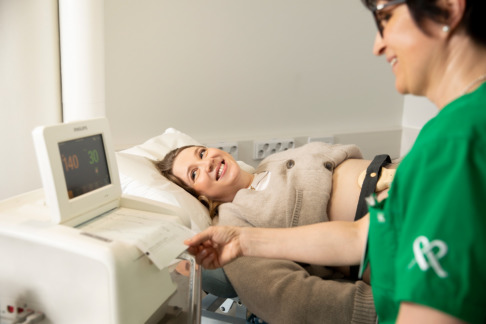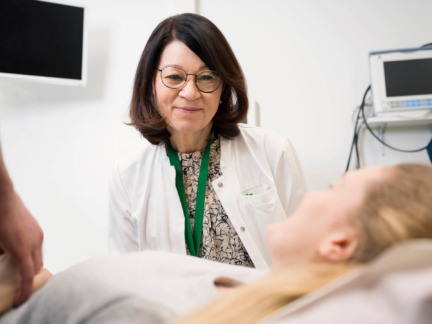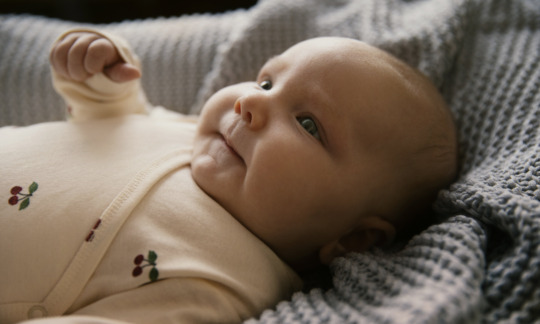Ovulation
Ovulation refers to the release of an egg from the ovary. Getting pregnant is possible during ovulation.
What is ovulation?
Ovulation refers to the release of an egg from the ovary. The egg is released when the ovarian follicle bursts.
Getting pregnant is possible during ovulation. Ovulation is part of the menstrual cycle and its exact time depends on the length of the menstrual cycle. Ovulation occurs approximately 12–14 days before the start of the next bleeding.
The onset of pregnancy during ovulation is based on the secretion of luteinising hormone (LH) from the pituitary gland during ovulation. The likelihood of pregnancy is high if the LH level is high.
Duration of ovulation
The egg is alive and fertile only for 24 hours after ovulation. Sperm, on the other hand, can remain fertile in the fallopian tube for 2–3 days at best. For this reason, it is recommended to have intercourse two days before ovulation as well as on the day after ovulation.



